
How do midwives and women use social media?
Pre-eclampsia is a complication that you can only get if you’re pregnant. It causes high blood pressure for the mother. This can make you and your baby very ill. But if it’s found and treated early enough, pre-eclampsia is usually only mild.
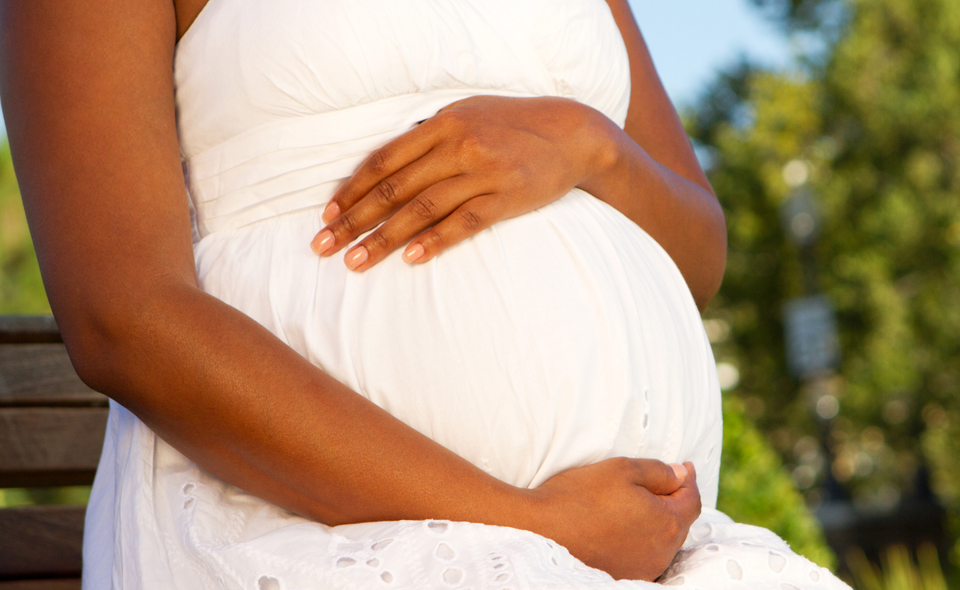
Pre-eclampsia is condition that can affect pregnant women. You can only get it when you’re pregnant.
Pre-eclampsia causes high blood pressure for the mother. This means your baby will not get as much essential blood. Your organs will get less blood too.
Thankfully, most cases of pre-eclampsia are mild without symptoms. But it can make some mothers and their babies very unwell if it’s not treated. You will have extra, specialist care if you have signs of pre-eclampsia.
Pre-eclampsia is more common in first pregnancies. Around 1 in 25 first-time mums have it. And around 1 in 60 have it in second pregnancies.
Because pre-eclampsia is quite common, women are tested for it throughout their pregnancies. This means it can be caught and treated before it gets serious.
It’s rare for pre-eclampsia to happen before you’re 20 weeks pregnant. Most cases happen near the end of pregnancy.
Pre-eclampsia is thought to happen when the placenta does not work properly. This then causes high blood pressure for the mother.
High blood pressure in turn means there is less blood going back to the placenta.
Your baby needs this blood for their oxygen, nutrients and antibodies. You will also not get as much blood to your essential organs. These include your liver, kidneys and brain.
Several factors can increase your risk of pre-eclampsia:
Your risk can also increase if:
If your midwife or doctor thinks you have a high risk of pre-eclampsia, they may prescribe a daily dose of aspirin. You would be prescribed this from the 12th week of pregnancy until your baby is born. Aspirin cuts your risk of pre-eclampsia by more than half.
In most cases you will not have any obvious symptoms. This is why you’ll have your blood pressure and pee checked regularly during your pregnancy. High blood pressure and protein in your pee can be signs of pre-eclampsia.
These regular tests mean pre-eclampsia can be treated and monitored early. This will help keep you and your baby healthy.
If you do have pre-eclampsia symptoms they might include:
If you have any of these symptoms, call your GP surgery or NHS 111 straightaway. Left untreated, pre-eclampsia can make you and your baby seriously illl.
Pre-eclampsia is usually diagnosed through your regular blood pressure and urine tests. These are carried out during antenatal appointments.
If your blood pressure is high or a urine sample contains too much protein, it could be pre-eclampsia. if you’re between 20 and 37 weeks pregnant your midwife or doctor will send you on for blood tests.
Tests will confirm whether you have pre-eclampsia. They will also check whether pre-eclampsia is damaging your liver or kidneys.
If you’re diagnosed with pre-eclampsia, you’ll be referred to hospital for more tests by a specialist.
These tests will check how severe your pre-eclampsia is and whether you need to stay in hospital.
You will probably need medication to lower your blood pressure. Pregnant women have used labetalol, nifedipine and methyldopa to safely lower blood pressure.
Your blood pressure will be checked regularly during the rest of your pregnancy. You’ll also have regular urine tests and blood tests. Your baby’s heart rate will be monitored, and their growth and wellbeing will be checked.
The only way to stop pre-eclampsia is by having your baby. This means you may need to be induced or have a caesarean so your baby can be born early.
In most cases you’ll be advised to have your baby at around 37 to 38 weeks. But it depends on how serious your pre-eclampsia is. You might be advised to have your baby earlier if it’s making one or both of you ill.
Babies of some women with pre-eclampsia grow more slowly than normal. This is because the placenta may not be working as well as it should. Your baby may not then get all the nutrients and oxygen they need.
This is one of the reasons why you will be monitored and why you might need to give birth early.
If your baby is born early they may need help with breathing and feeding. Your baby may need to stay in a neonatal intensive care unit. They can get the extra care they need.
If pre-eclampsia is not diagnosed and treated, it can become serious. Rare but severe complications include:
You can make a full recovery from these complications as soon as your baby is born.
Living with pre-eclampsia and worrying about the health of you and your baby can be difficult. Speak to your midwife who can offer support.
1 in 6 women with pre-eclampsia will get it again in a future pregnancy. It’s more common still if you had it early and severely in your first pregnancy.
But every woman’s experience is different. Ask your doctor or midwife for information about your chance of pre-eclampsia in a future pregnancy. Contact your midwife as soon as possible when you are pregnant again.
As a women’s health charity, part of what we do is fund research to save and change the lives of women, girls and babies.

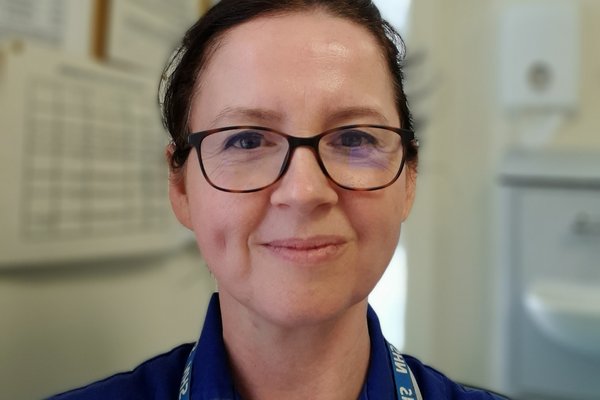



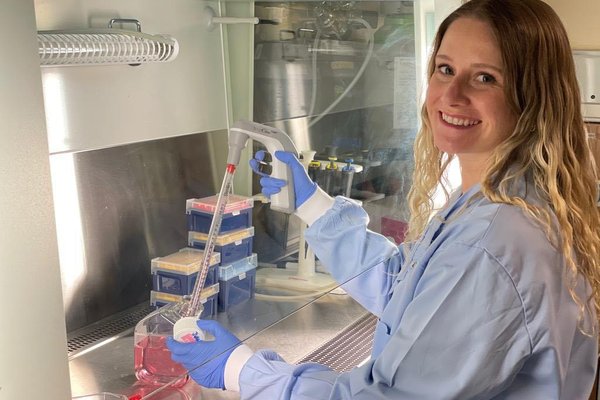
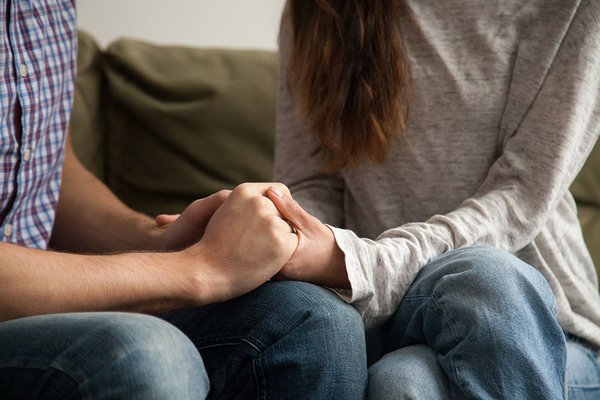
A miscarriage is a pregnancy loss before 24 weeks of pregnancy.
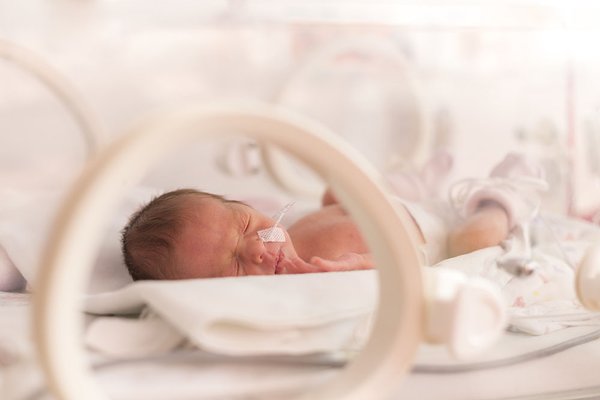
Premature birth is when you give birth early - before you’re 37 weeks pregnant. It is also called preterm birth or premature labour. Some people have a higher chance of an early birth. Support is available if your baby’s born early.
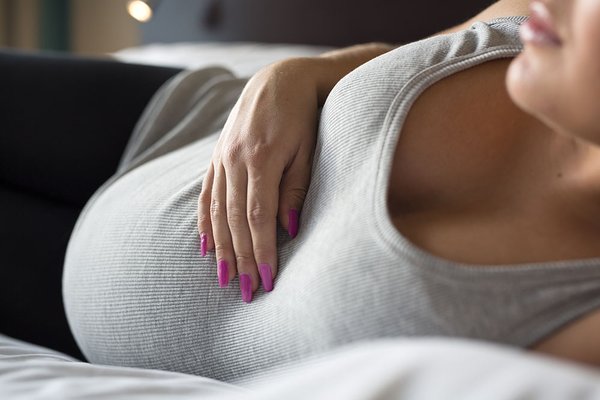
It’s common to have mental health problems during or after pregnancy. Your midwife or doctor is there to support you. There are also ways to look after your own wellbeing.